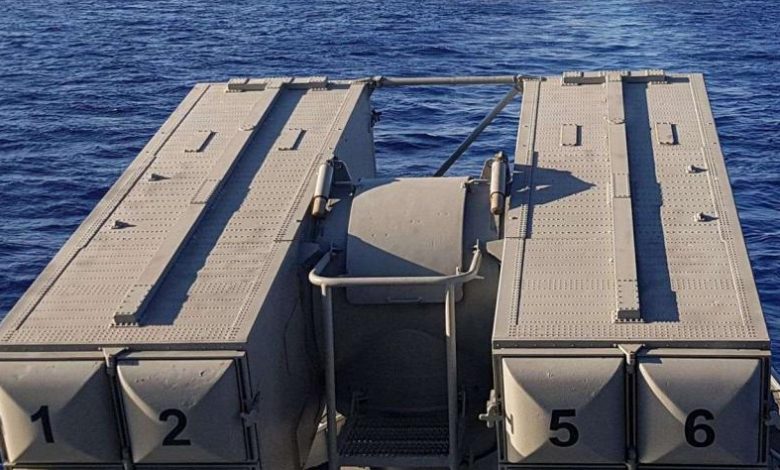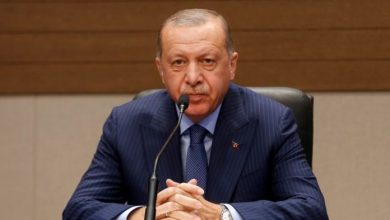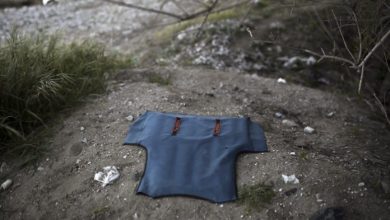Greece’s military buildup is no small task
The country needs more frigates and submarines, both new ones and upgraded older ones. It needs more modern jets and helicopters.

Faced with Turkey’s aggressive behaviour in the Aegean and eastern Mediterranean, Greece is forging bilateral and multilateral partnerships that are not restricted to the field of diplomacy but also entail defence procurements.
The significant upgrade of the country’s armed forces announced recently is part of this framework and a necessary development that needs to be carried out with the speed that the situation demands – but also complete transparency.
Bolstering our defences to the degree needed is no small task. The extent of the upgrade required by Greece has grown exponentially in recent months as a result of tensions in the eastern Mediterranean. The country needs more frigates and submarines, both new ones and upgraded older ones. It needs more modern jets and helicopters. All this comes with a hefty price tag.
Some bitter experience with defence procurements in the past should serve as a warning. The government must ensure that everything proceeds in the appropriate manner and according to set procedures, and the opposition must maintain strict oversight. At the same time, consensus must be built over this sensitive issue in the years ahead, with a constructive stance by all parties. Greece faces important choices as it seeks weapons, technology and know-how from major Western powers.
Following the experience of the past, the main suppliers are the United States, France and Germany. Greece’s procurement cooperation with all three is deep and enduring. All three produce the weapons systems that form the backbone of the Hellenic Armed Forces. In the air it has agreements with America to upgrade its fleet of F-16s, while there might be interest in Greece’s participation down the line in the F-35 program. The U.S. also supplies Greece’s naval and ground forces. From France, the Mirage jet is the weapon that stands out, and now there is an agreement for the purchase of Rafales, and while there are no final decisions and no agreements, French frigates seem to come into play every so often.
Although the public discourse on weapons tends to focus on U.S. and French weaponry, the Hellenic Armed Forces have a large number of tanks purchased from Germany, which is also the case with submarines, with the most modern of them spearheading the Aegean defence.
There will be an effort to maintain some balance in the procurement process, although it will not be possible to make everyone as happy as they might hope. In any case, it is essential to listen to the defence officials who will be using the new material. They know the nation’s defence needs. Just as we listened to the experts on the pandemic, so we need to listen to the military officials when it comes to defence procurements.
There are significant economic interests at play and a lot of pressure will be felt as a result. The government must tread cautiously and transparently; it must listen to the experts and maximise its benefits, both at the economic level and in terms of strategic support.
Lastly, the country also needs to invest in bolstering and restructuring its own defence industry, a goal that will be better served if there is cross-party support that will allow for meaningful long-term planning. There is no reason why at least the three main parties, which have governing experience, cannot agree on this, especially given that such a move would be a national effort unlinked to any one party that would be carried out over several years.
Source: Ahval




